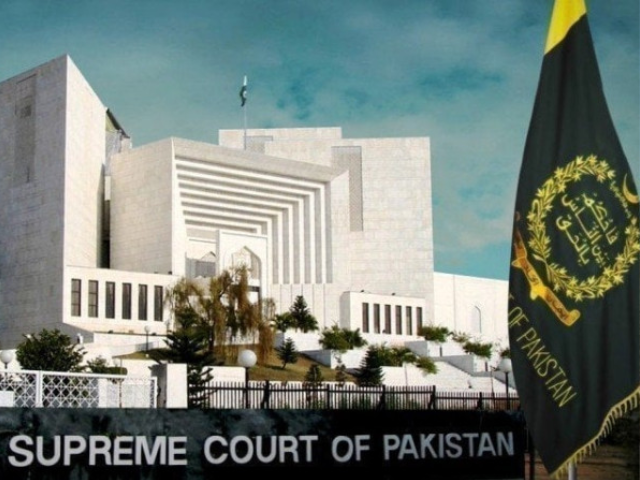Supreme Court continues transferring cases to constitutional benches
The constitutional bench will now review a Shufa'a case in Islamabad

The Supreme Court of Pakistan has continued transferring cases to constitutional benches, including a case related to pre-emption (Shufa'a) rights in Islamabad. The three-member bench, led by the incoming Chief Justice Yahya Afridi, heard the case.
During the hearing, Justice Shahid Waheed remarked that the case would require the interpretation of constitutional provisions, suggesting that it be moved to a constitutional bench.
Advocate Salman Aslam Butt agreed, stating, "I didn’t want to say it, but this is how it should proceed."
Chief Justice-designate Afridi also noted that the registrar's office has been instructed to categorise cases where laws have been challenged and transfer those requiring constitutional interpretation to the appropriate bench accordingly.
Constitutional Benches
Through 26th Constitutional Amendment Bill significant changes had not only been made in the criteria for selecting the Chief Justice of Pakistan (CJP), but separate constitutional benches have been constituted in the Supreme Court and the high courts to limit judicial activism.
Moreover, through an amendment in Article 191-A, the bill said, there shall be constitutional benches of the Supreme Court, which may comprise equal number of judges from each province. It adds that the most senior judge shall be the presiding judge of the constitutional benches.
These benches will hear original, appellate and advisory jurisdiction of the top court, adding the bench shall not be less than five judges. Under Article 202A, constitutional benches will be established in high courts and they will hear only constitutional matters.




1729590339-0/Untitled-design-(13)1729590339-0-100x90.webp)


















COMMENTS (1)
Comments are moderated and generally will be posted if they are on-topic and not abusive.
For more information, please see our Comments FAQ